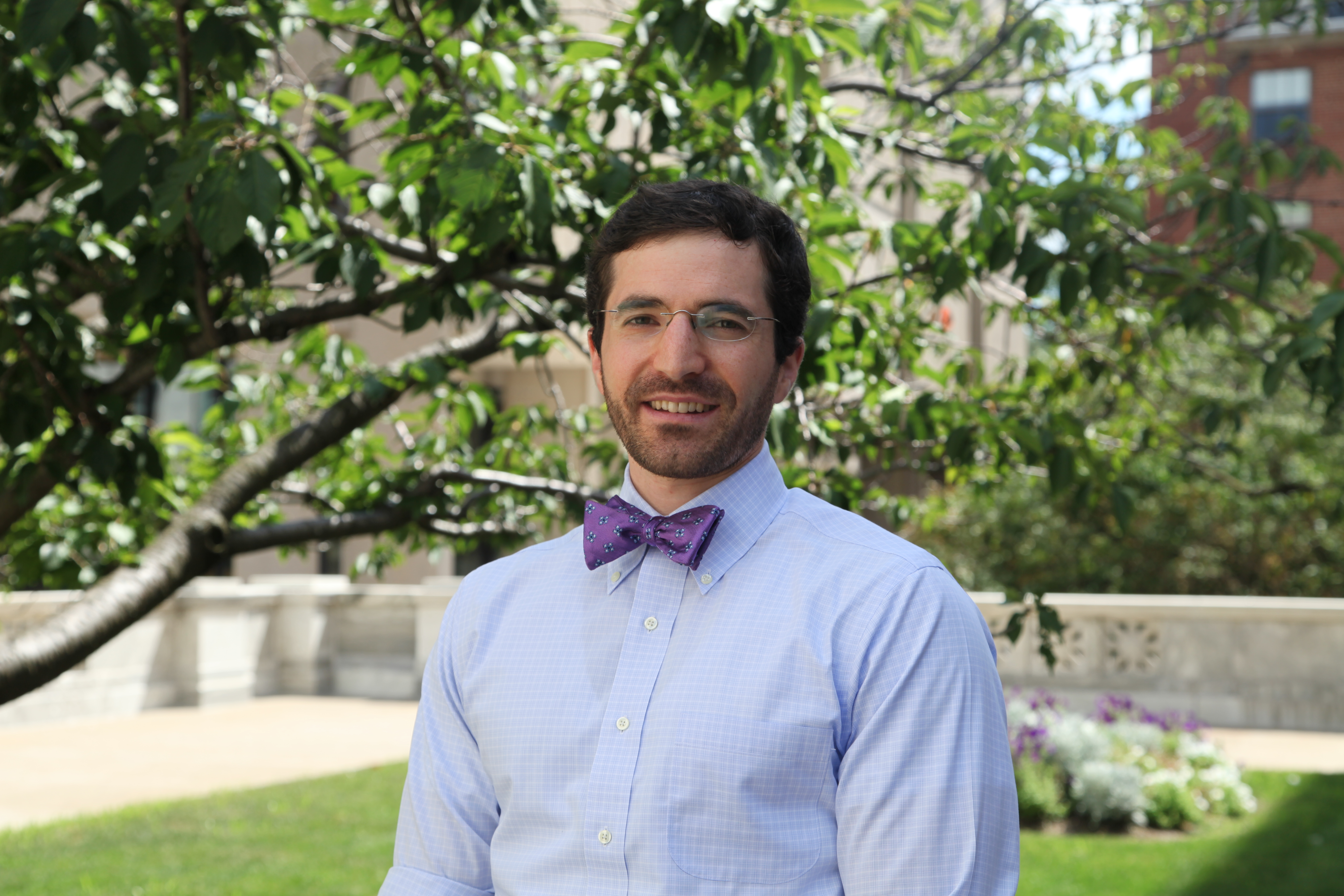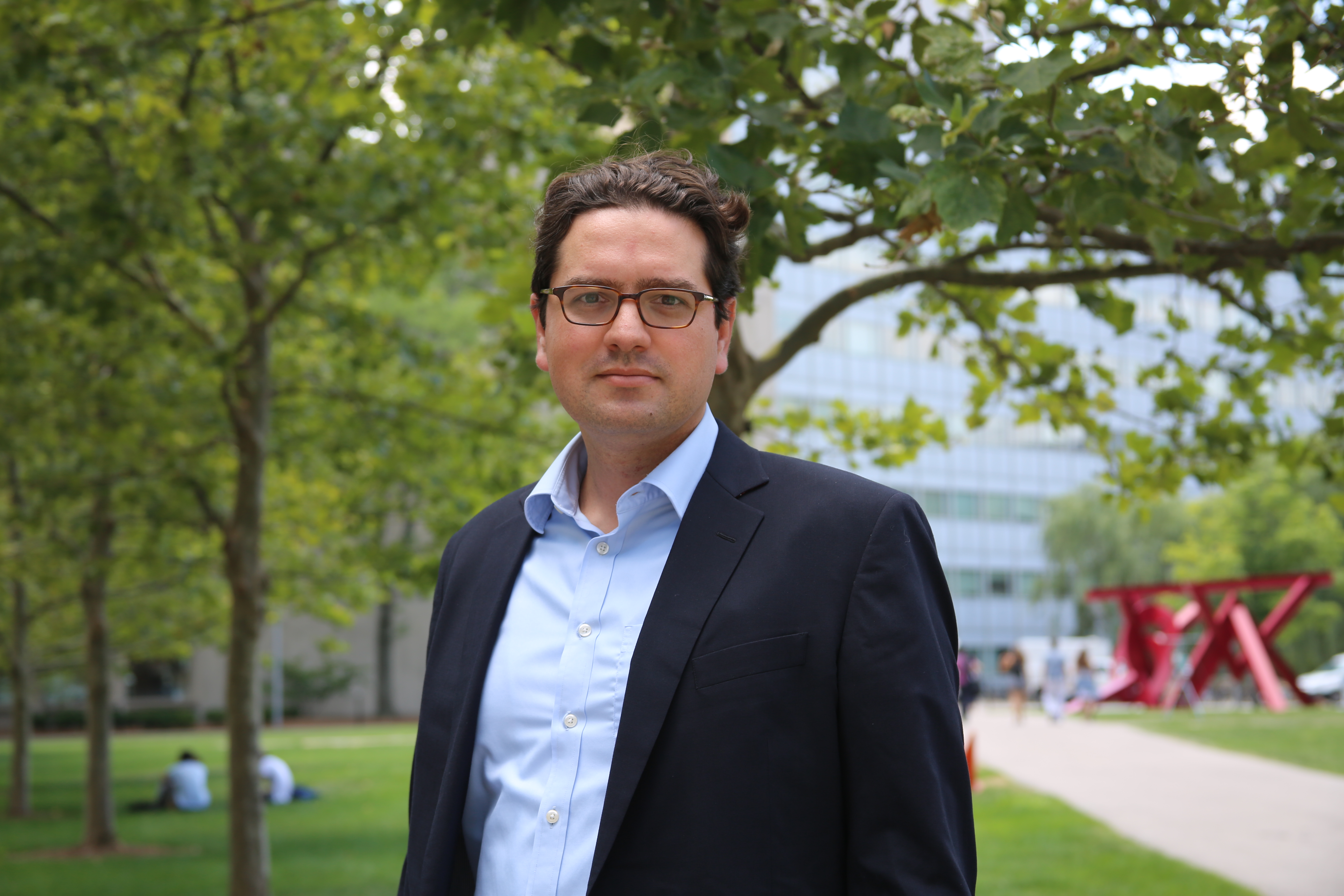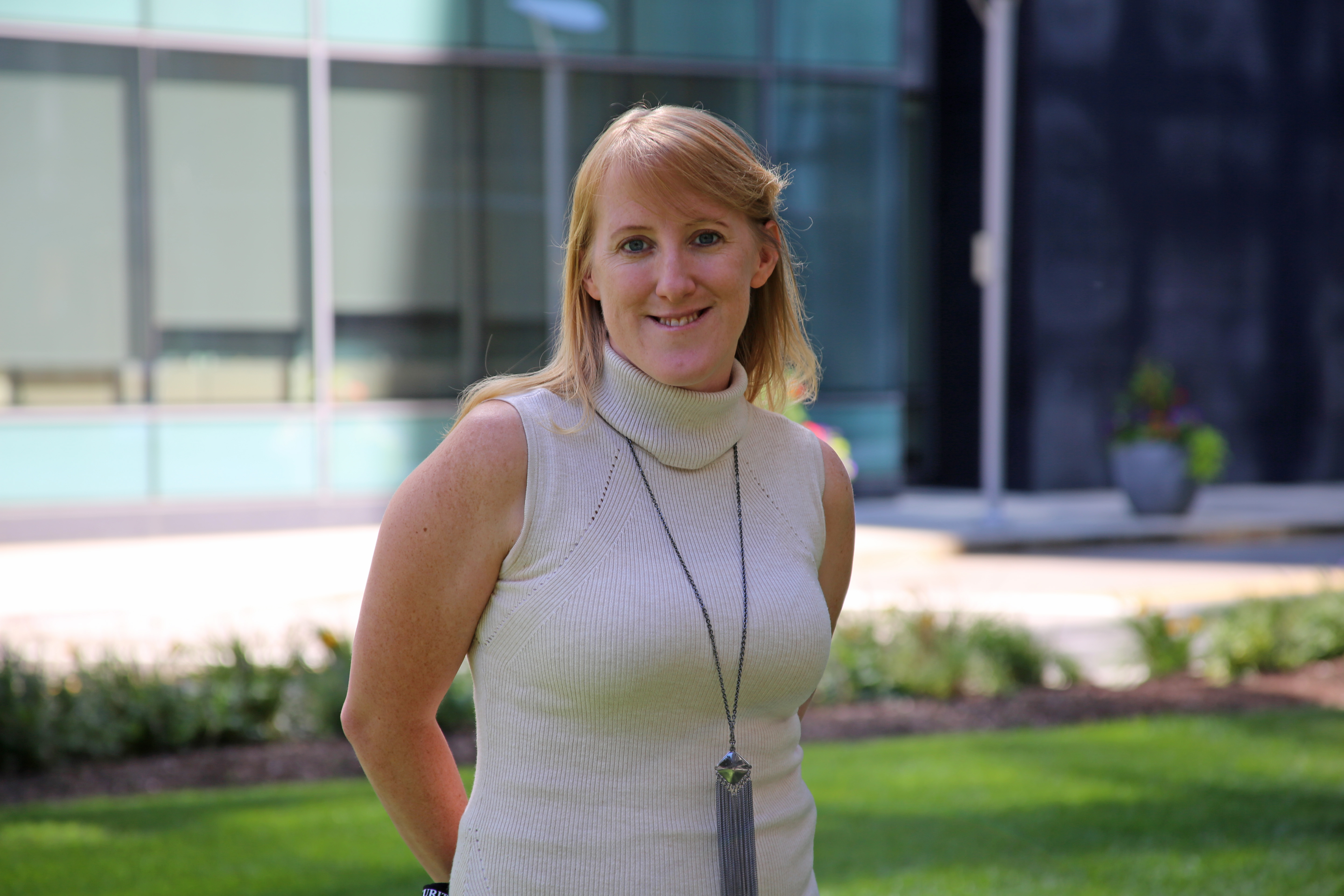The Home Hospital
This year’s BRIght Futures Prize finalists are pursuing forward-thinking and inventive research to improve patient care. Each of the three finalists hopes to receive the $100,000 BRIght Futures Prize, which will be awarded at Discover Brigham on Nov. 10. Read about their work below, and vote for your choice.
The Home Hospital – David Levine, MD, MA

David Levine, MD, MA
What problem are you trying to solve and why?
When an older adult has to be hospitalized, it can be uncomfortable. They may not sleep well, there can be a lack of privacy, they may not like the food and it can be hard for family to visit. And sometimes, it can be more than just uncomfortable. They may fall in the hospital, catch an infection, become confused or lose strength that is never regained, keeping them from returning home. Hospitalization can also be very expensive: Medical bills and time away from work put many Americans into debt.
We think there is a better option: “hospitalization” at home, where visits from doctors and nurses, treatment with medications, blood tests and monitoring all occur at home. For over a decade, the home hospital model has been practiced in Europe and Australia, where these patients have experienced the same level of safety and quality as traditional hospital stays, in addition to improved patient satisfaction and reduced costs. But this model has rarely been tried or rigorously tested in the U.S.
What is your solution?
We plan to bring the hospital to the home for patients in the United States. We will ask carefully selected patients to participate in a randomized, controlled study, which is the best way to evaluate this model. Patients will benefit from state-of-the-art technology in their own home, including a remote vital-sign monitoring device that enables their doctor and nurse to check their heart rate, among other metrics, with a skin patch. Another technology will monitor patient activity and sleep tracking, which will allow us to test our hypothesis that patients move and sleep more at home. Patients will be able to video conference with health care providers and, best of all, doctors and nurses will visit patients in their homes. They won’t need to come to a hospital setting to receive world-class care. Lastly, patients will be in the ideal setting to receive the education and coaching from community health workers so that they’ll be able to take care of themselves once the acute illness is over.
How will your research project benefit people?
We want to build a better model of care for ill adults in need of hospitalization. Some procedures will always need to be done in a hospital setting, but in certain cases, home may be the best place for a patient to receive care, monitoring and treatment. We believe receiving care at home puts the patient first, improves patient satisfaction, and reduces cost. Patients can sleep in their own bed, eat their own food and spend more time with friends and family. For many conditions, home hospital will transform our concept of safe, high-quality, cost-effective care.
CAST YOUR VOTE
or read more about the other BRIght Futures finalists:
 Ultrasound Device for Ulcerative Colitis Ultrasound Device for Ulcerative Colitis |


Leave a Reply